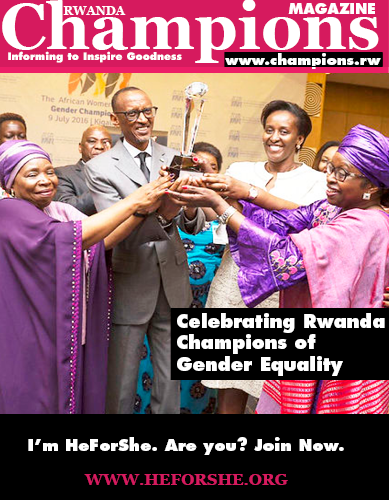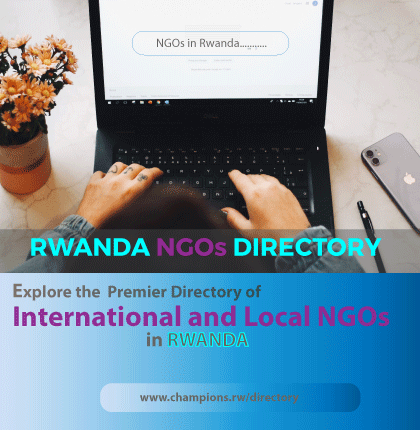Rwanda Builds Drying Facilities to Cut Post-Harvest Losses of Onions and Chili Peppers
Rwanda’s National Agricultural Export Development Board said it is constructing five drying facilities to reduce (…)

Rwanda’s industry and trade sector contributed 22 percent to the country’s Gross Domestic Product (GDP) in the 2024/2025 fiscal year, driven by growth across multiple areas, including a 16 percent increase in exports, according to the Ministry of Trade and Industry (MINICOM).
The ministry’s 2024/2025 report highlights significant gains in both trade and industrial development over the past year. Rwanda’s overall economy grew by 6.3 percent, with the industry sector playing a key role in driving this growth.
The report attributes the sector’s rapid development to stronger regional integration, improved infrastructure, and strategic measures to boost productivity and facilitate exports. Key interventions included the establishment of robust supply chains, innovation initiatives, and improvements in transport and logistics systems.
Exports rose 16 percent, reaching key international markets including the United Arab Emirates (UAE), the Democratic Republic of Congo (DRC), China, the United Kingdom, and Luxembourg. During the year, the government issued 10,218 export permits to support businesses in reaching global markets.
The industrial sector expanded by 3 percent, with processed goods growing 8 percent. Major growth areas included reductions in plastic use, mining of non-metallic minerals, metal products, machinery and equipment, as well as timber, paper, and printing products.
Small and medium-sized enterprises (SMEs) received targeted support to access export markets and financing through the Development Bank of Rwanda (BRD), contributing to broader industrial growth.
MINICOM and affiliated agencies also leveraged digital platforms to improve service delivery. Through the Irembo portal, businesses benefited from streamlined processes such as industrial land allocation, value-added tax (VAT) exemptions, and reduced electricity tariffs. Document processing for printing projects decreased by 72 percent, thanks to digital tracking systems.
Efforts to ease trade at borders included the construction of cross-border markets, such as Rusizi II, which improve service delivery at the Rusizi border and reduce delays for traders, particularly women.
The ministry noted that these combined efforts are strengthening Rwanda’s industrial and trade ecosystem, enhancing competitiveness, expanding export capacity, and creating opportunities for sustainable economic growth in the country.
Rwanda’s National Agricultural Export Development Board said it is constructing five drying facilities to reduce (…)
President Paul Kagame on Thursday received European Union Commissioner for Equality, Preparedness and Crisis (…)
Rwanda’s central bank has raised its key policy rate to 7.25% from 6.75% in a bid to curb rising inflation and bring (…)
While Rwanda’s economy continues to grow, rural residents are being left out of its benefits, consumer rights (…)

